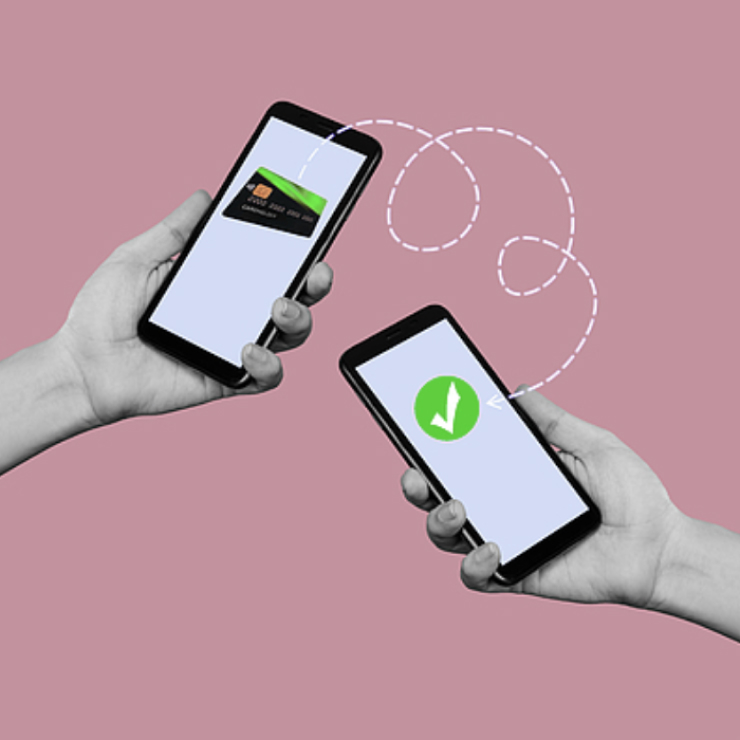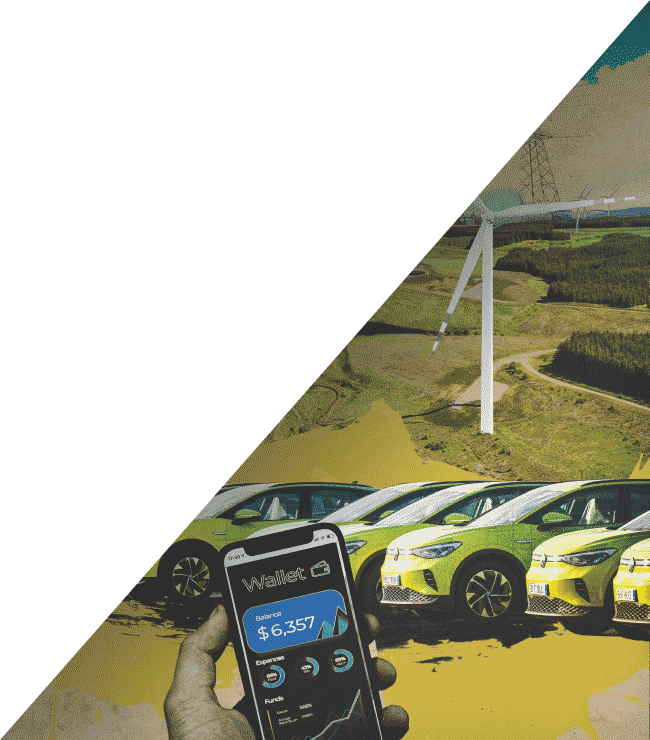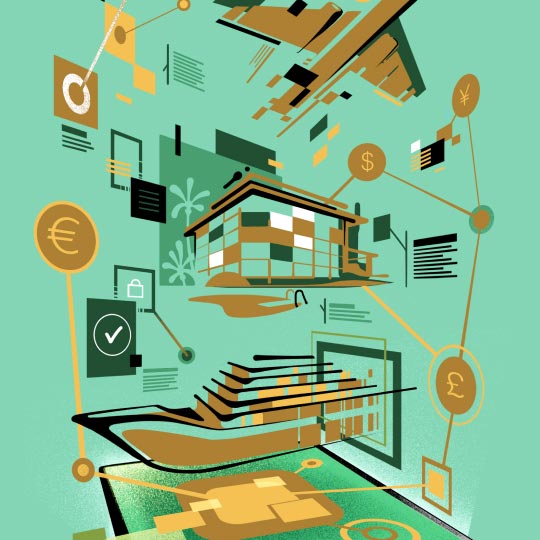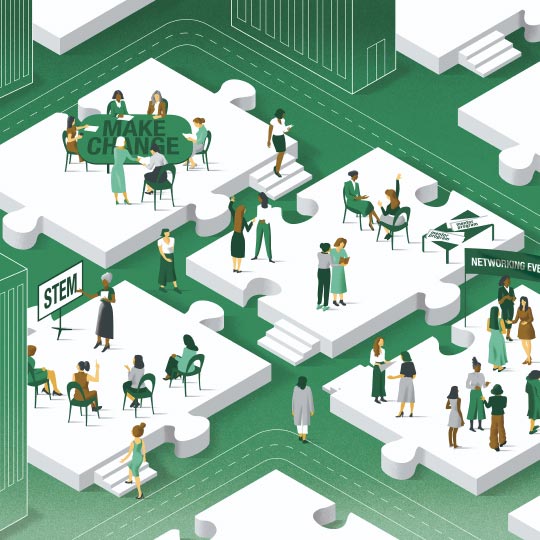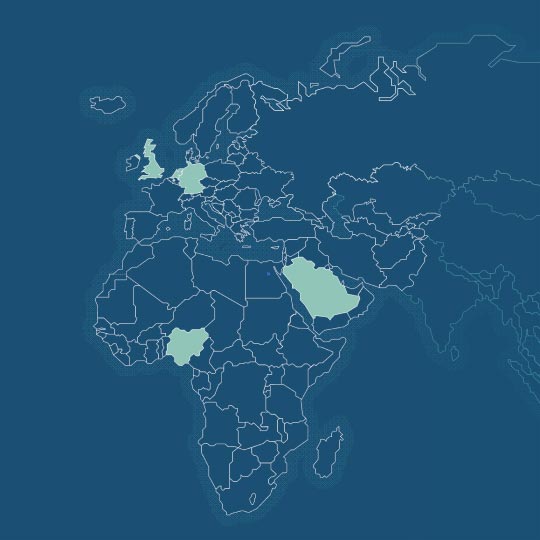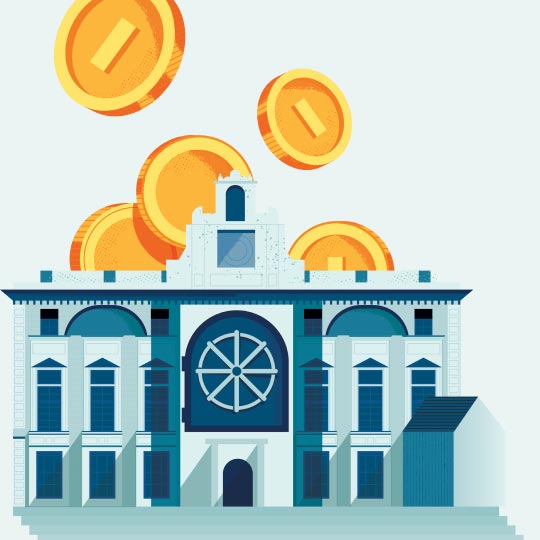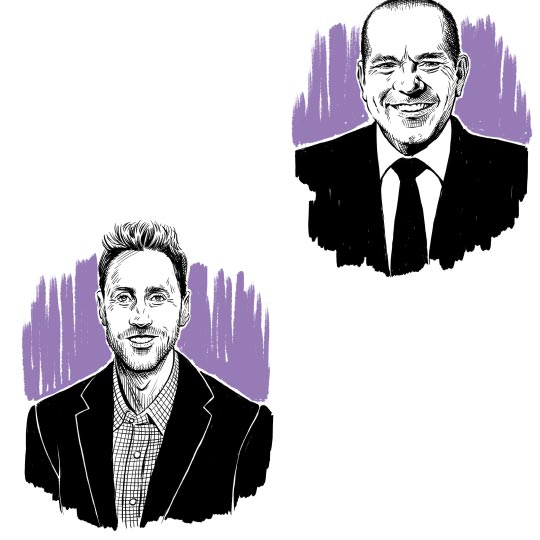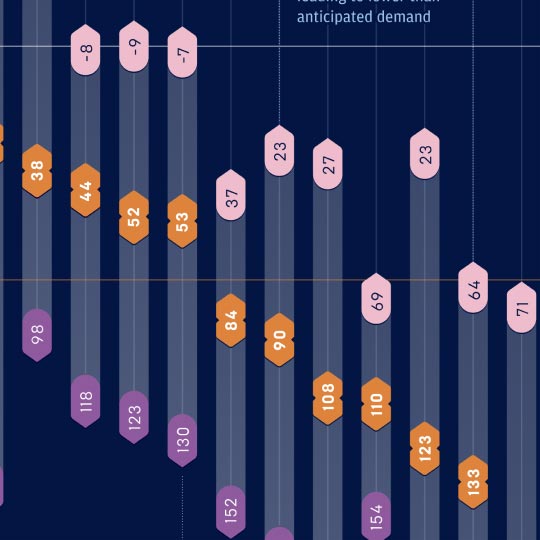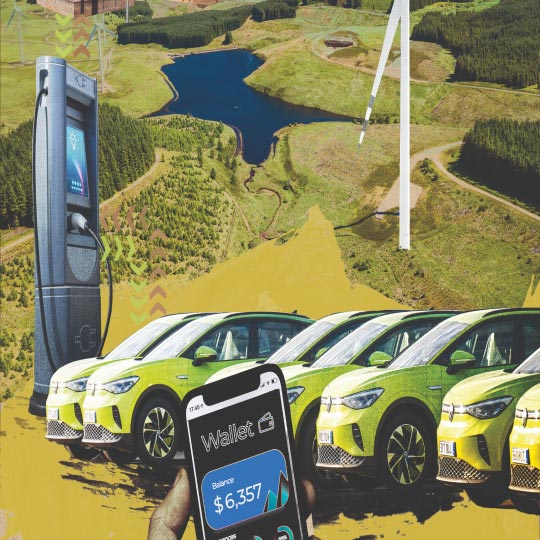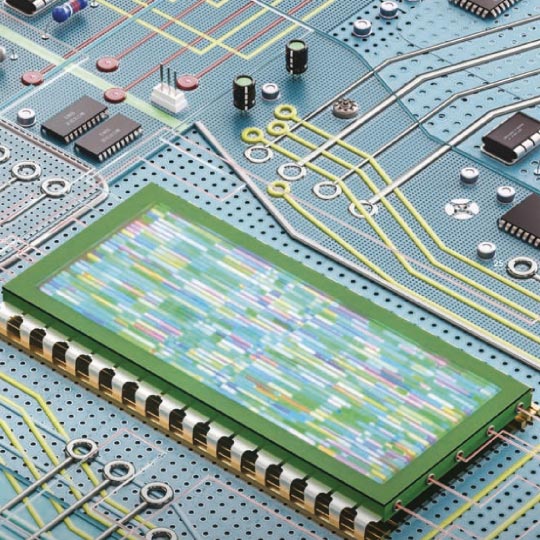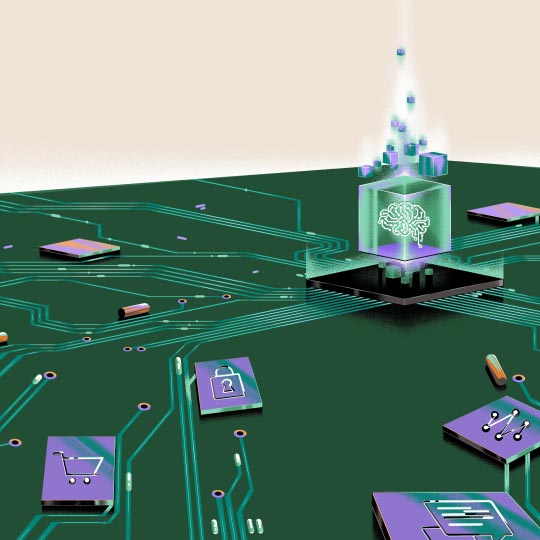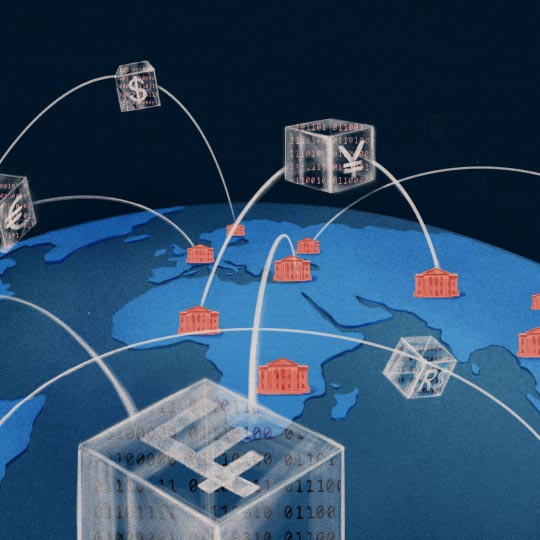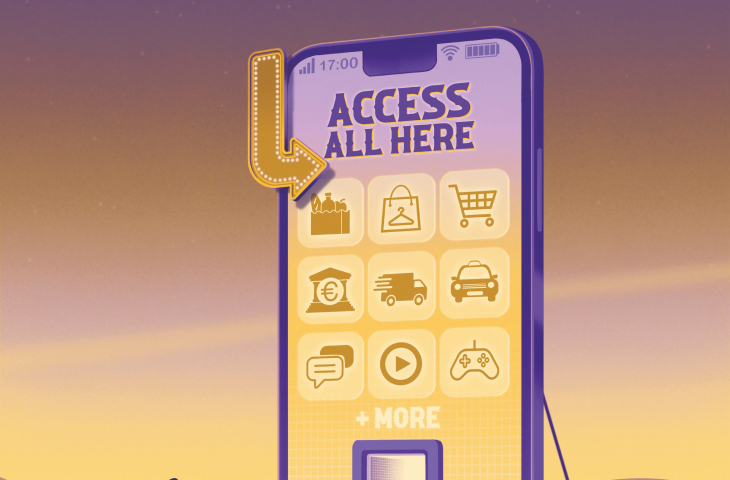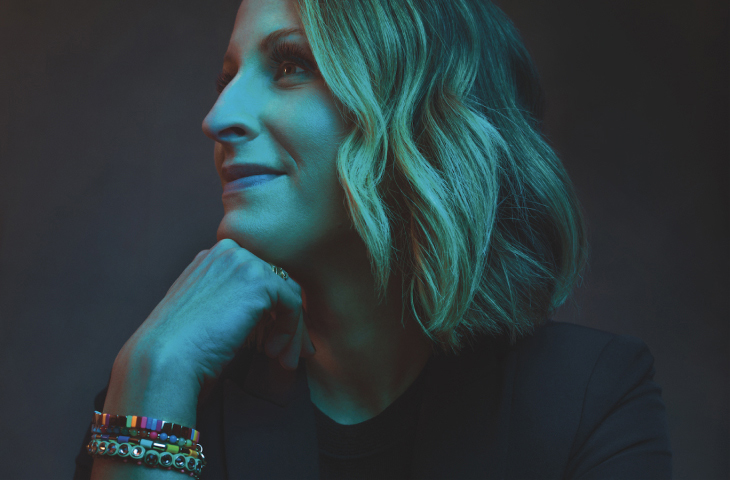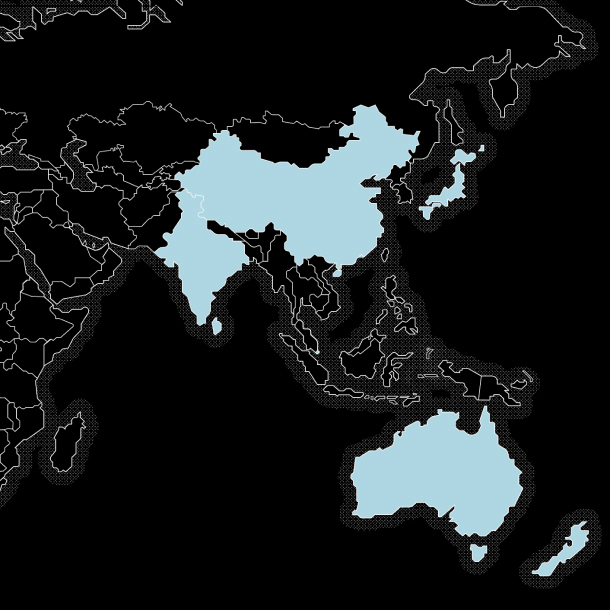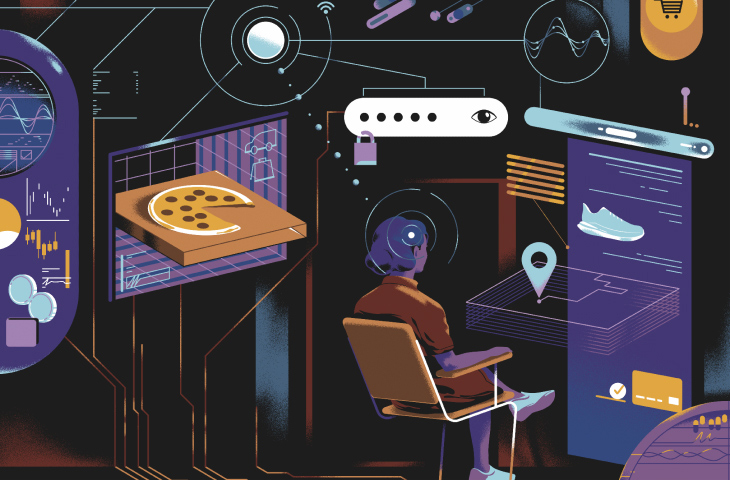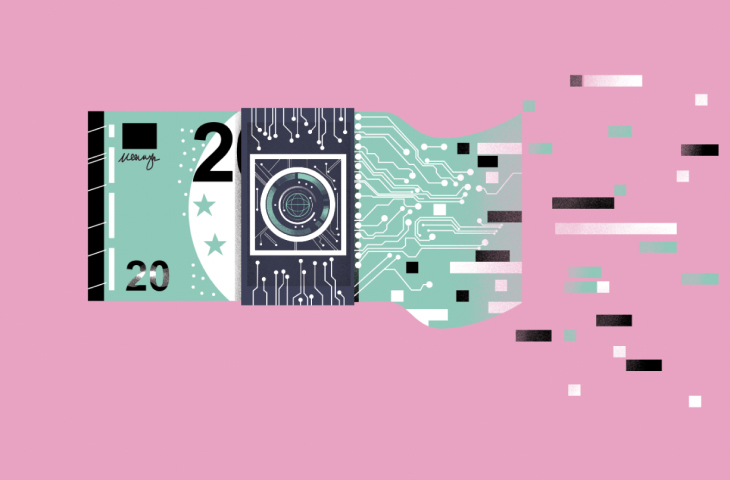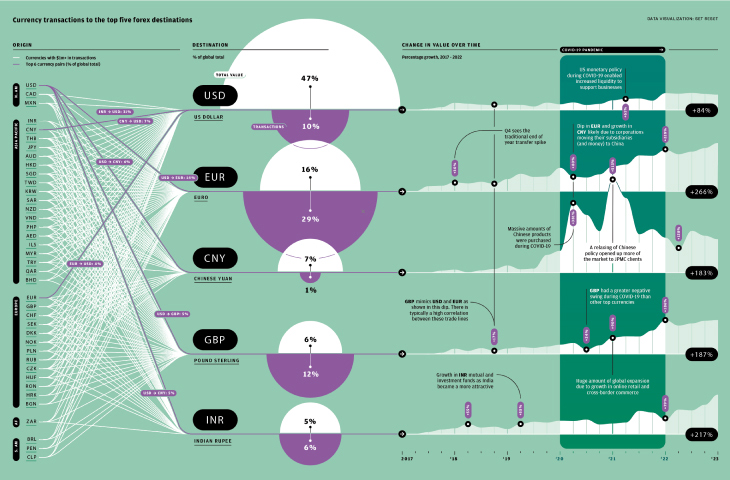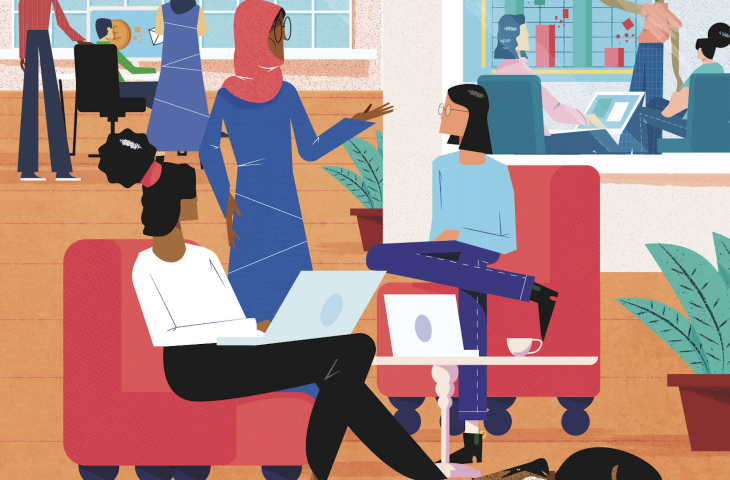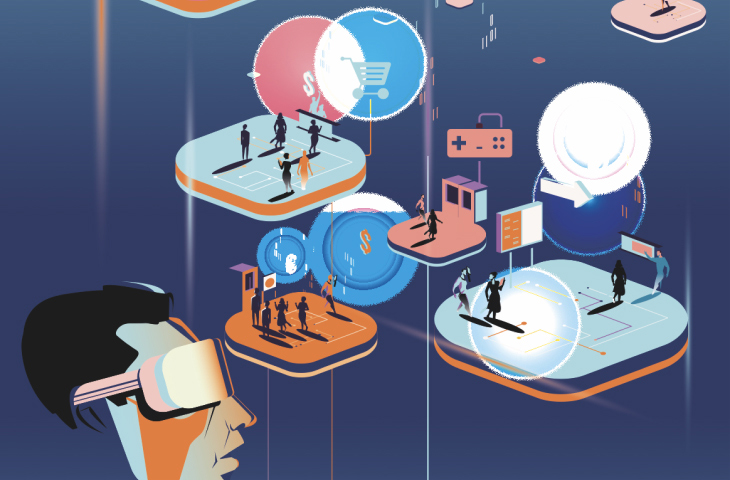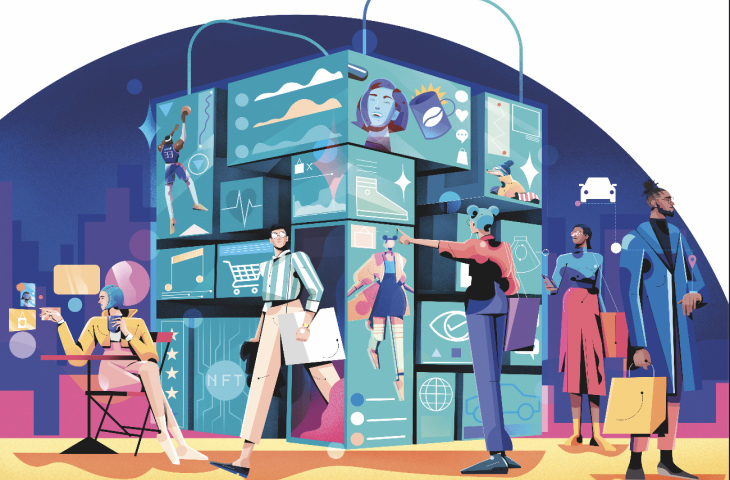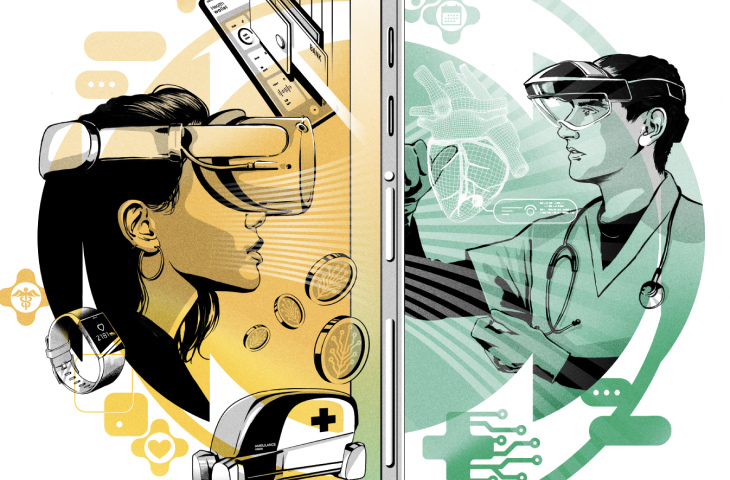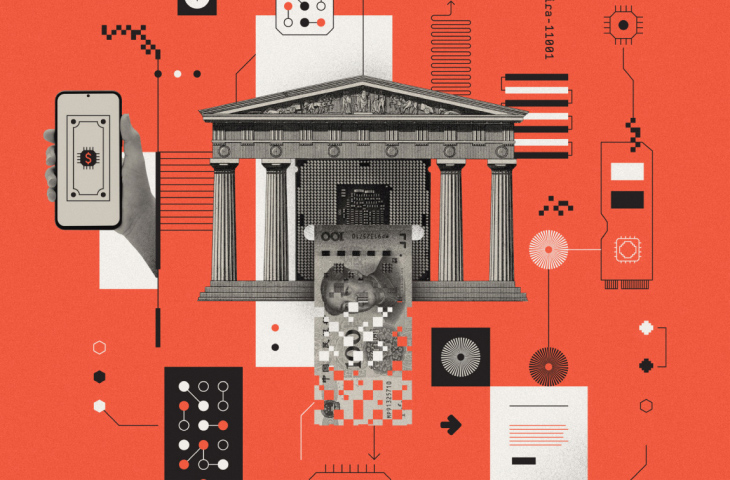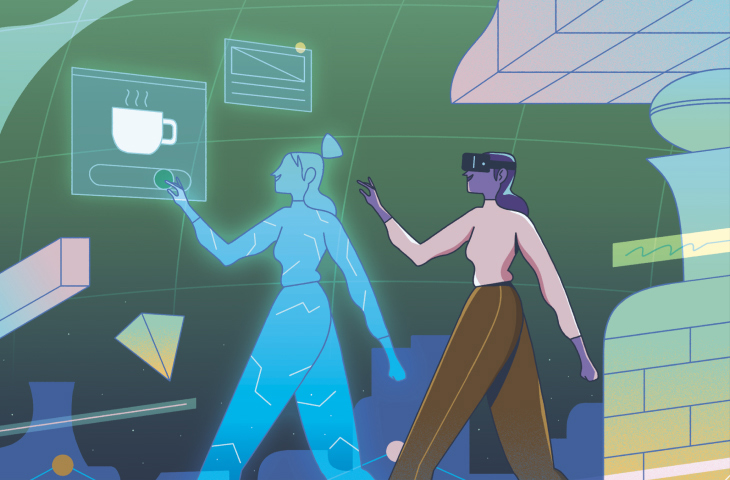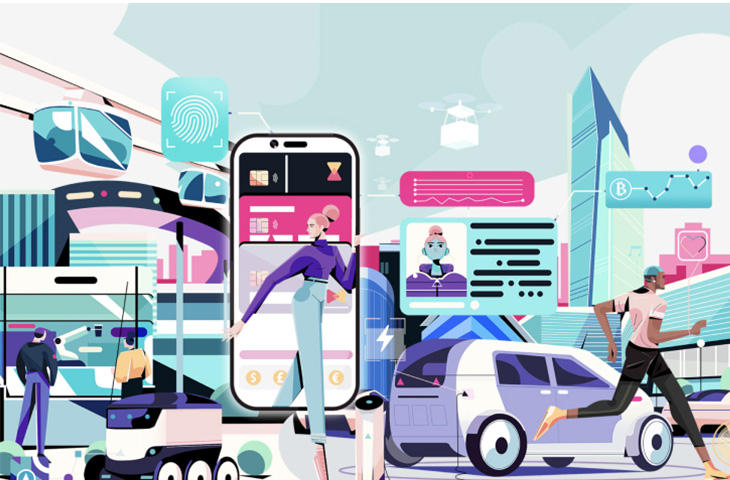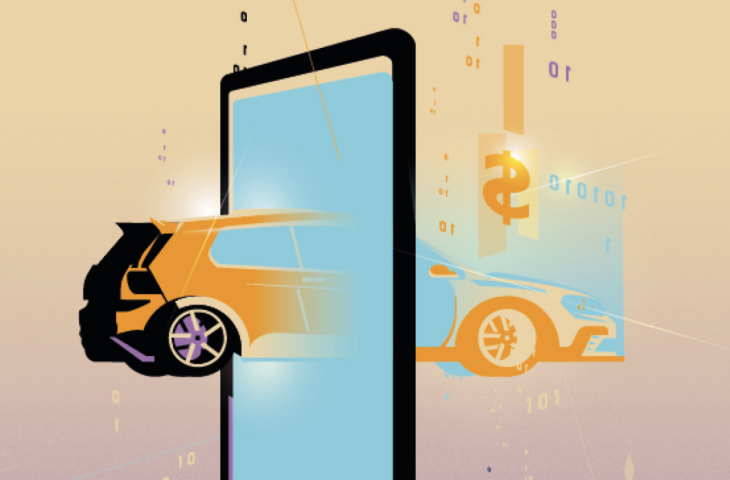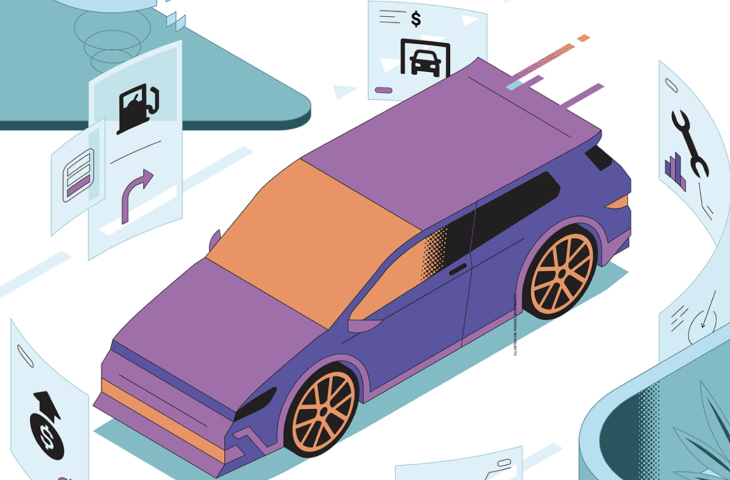
How no-strings-attached payments are transforming philanthropy
Mobile money has enabled “direct giving” to take off–and it’s effective
FRESH THINKING AND PROVOCATIONS / ideas bank
A new concept took hold in the international development world in the 2000s: Microcredit. These small loans for those living on $2 a day or less were seen as a panacea for lifting people out of poverty, with 211 million borrowers by 2013. Yet the idea soon became controversial largely because some struggled to make repayments. Six microcredit studies published in 2015 found that the effects of these programs were only modestly positive rather than transformative.
Now though, thanks to the huge take-up of text message-based mobile payment services in some of the world’s poorest nations, the idea is back without the catch. “Direct giving” entails sending money directly to those in need but as a donation not a loan.
It’s a fruit of the “effective altruism” movement, which advocates taking action in an evidence-led manner. GiveDirectly, a New York non-governmental organization, is currently leading the way. Its formation was inspired after a raft of peer-reviewed studies showed how powerful direct giving could be. Cash empowers people to change their own lives in the most impactful ways, because individuals—better than anyone else—understand what they need most. Spending money locally also benefits the community by improving trade, employment, and standards of living for other people in the area.
In 2016, the Overseas Development Institute looked at evidence from 165 studies on direct giving and found it often had desirable consequences way beyond core objectives. A program aimed at food expenditure or education, say, would also help people develop savings or investments in livestock or agriculture, helping with self-sufficiency in the long term. In a Malawi village, where residents were given $50 a month, GiveDirectly found that for every $100 donated, the total impact was between $250 and $270. But just as important have been the studies that show common concerns about direct giving— that money would be spent on alcohol or cigarettes, or that work would decrease—are nothing but prejudicial assumptions.
For donors, the model also holds psychological appeal. It obviates the layers of intermediaries and opaque resource allocation that can muddy the causal link between donation and impact. If costs are deducted from donations in a transparent way, donors have a clear sense of how their money is directly changing the life of someone across the world. That’s powerful.
The work of GiveDirectly and others has been made possible thanks to the increased ubiquity in developing countries of branchless mobile-banking operators such as M-PESA and MTN. These “mobile money” services allow funds to be transferred via text message using accounts held by the mobile network, or exchanged for physical cash via agents.
The aid applications are broad. Last year, the UN Refugee Agency named direct cash payments as its preferred method of assisting refugees—delivering just under $1 billion in aid this way in 2022 alone, the majority to Ukraine. As refugees often flee their homes with only the bare essentials, direct cash payments prove a far more effective way for people to acquire the specific items they need.
In the UK, charity Homelessness Impact is currently trialing the first cash-payment scheme for the homeless. It points to a 2018 trial in Vancouver, Canada, which found it not only had the desired effect—people spent more money on food and spent fewer days homeless—but crucially were also able to save, a key long-term step to self-sufficiency.
So where does this go next? Some believe that a “universal basic income” (UBI) is a social welfare strategy that demands further exploration. This entails a regular payment from the government to everyone in the population with no strings attached. There are various approaches, but the basic idea is that these payments are not means tested and are large enough to cover necessities such as food, energy, and shelter. Paid in regular instalments, just like a salary, UBI is intended to provide a basic standard of living, help fight technological unemployment, free up time for training or caregiving, and save workers from taking exploitative jobs out of desperation. Indeed, in June 2023, it was announced that the idea would be trialed in England for the first time, with 30 people given £1,600 a month.
Is it a vision of the future? The jury’s out—but it could turn direct giving into something we all experience.
SOURCES AS PER WIRED, AUG 2023
IMAGES: GETTY/ ANDRIY ONUFRIYENKO, GETTY/MARINA DEMESHKO

